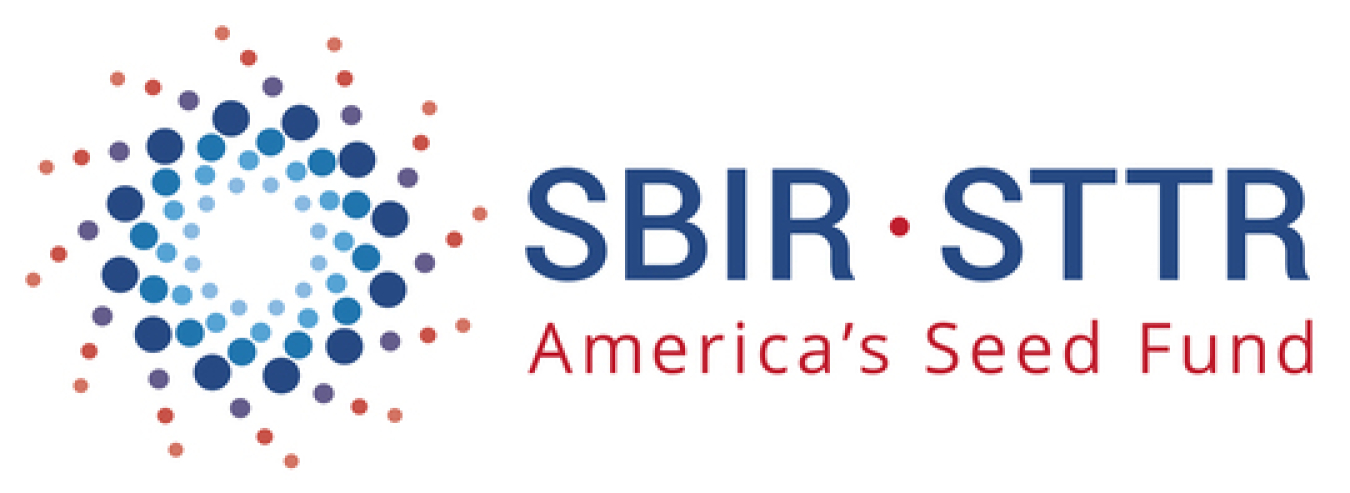
The U.S. Department of Energy (DOE) announced awards totaling $142 million for small businesses through DOE’s Small Business Innovation Research (SBIR) and Small Business Technology Transfer (STTR) Phase II funding. Across DOE, 123 projects in 34 states received funding to pursue energy research and development projects. The average Phase II award is $1.1 million for a period of two years.
The SBIR/STTR selected projects include six projects funded through DOE’s Bioenergy Technologies Office (BETO). The BETO funded projects cover the following topics; agricultural research, low-carbon liquid biofuels for the aviation, maritime, rail, and medium-to-heavy duty transportation sectors, workforce development, ocean plastics upcycling, and improving plastics compatibilization.
BETO funded three Phase II initial and three Phase IIB awards, located across six states.
The SBIR/STTR U.S. federal programs were created by Congress to stimulate the commercialization of technological innovation and research and development using small businesses. More information is available on the Office of Science SBIR/STTR website.
The six projects selected through BETO are:
| Company Name | City, State | Amount | Project Description |
| Blue Biofuels, Inc. | Palm Beach Gardens, FL (33410-4290) | $1,150,000 | Development of a New Lignocellulosic Sugar Production Technology (Cellulose-To-Sugar) as a Pathway for Producing Novel Liquid Low-Carbon Bioethanol. Cellulosic ethanol derived from non-food sources, like sugarcane bagasse or corn stover, have the potential to provide greater than 70% emission reductions compared to equivalent petroleum-based fuels. These agricultural residues are typically burnt or decompose on the field, representing a cheap and abundant feedstock source. This project will build upon previous successes and upgrade Blue Biofuel’s system to handle additional agriculture residues, scale-up their biomass pre-treatment and glucose fermentation processes, enhance the enzymatic reaction, reduce catalyst costs, scale up the lignin separation and catalyst recovery processes, and prepare a conceptual engineering package for a 1M gallon/year cellulosic ethanol demonstration plant to further derisk and refine the Cellulose-To-Sugar technology. |
| iZen ai, Inc. | Union, CA (94587-5595) | $1,149,993 | Skill in a Flash The shortage of skilled workers is impeding the growth of the U.S. bioeconomy, disproportionately affecting small and rural businesses. iZen-LEAP™ innovation provides a platform to deliver workplace-aligned programs. |
| RiKarbon, Inc. | Newark, DE (19713-6106) | $1,149,999 | Upcycling Ocean-based Plastics for Sustainable Feedstock Supply Chain RiKarbon, Inc. is commercializing an enabling technology to produce low-cost waste plastic feedstock and waste plastic’s selective depolymerization to plastic’s building block chemicals for manufacturing renewable plastics. It will mitigate health risks to ocean life and humans, improve the environment eco-system, and promote future energy security. |
| RockyTech, Ltd | Boulder, CO (80305-6433) | $1,149,964 | Polyolefin Compatibilization through Dynamic Covalent Crosslinking RockyTech has developed compatibilizer additives to improve the quality of post-consumer or post-industrial recycled polyolefin blends, primarily polyethylene and polypropylene. This innovation promotes the reuse of these materials. The key strategy involves incorporating reversible covalent bonds into polyolefin linear chains to enable their crosslinking at the particle interface, thus achieving polymer fusion and quality enhancement with minimal micro and macroscopic phase separation. |
| Simonpietri Enterprises LLC | Kailua, HI (96734-3941) | $1,150,000 | Low-Carbon Fertilizer Production from Tropical Biomass Gasification This company is developing an innovative integrated gasification and gas cleanup process to convert low-quality lignocellulosic biomass waste into renewable fuel and electricity. The goal of this project is to use invasive species and green waste to supplement urban wood waste. |
| WeNeW Carbology, LLC | Charlottesville, VA (22911-3555) | $1,149,753 | Farmyard Biorefinery: Diesel Production from Stranded Biomass The goal of the project is to research, develop, and demonstrate a highly modular biorefinery design that can scale to the farming community level. Beyond economic benefits, this approach promotes soil health and carbon sequestration. |
Read more on all DOE projects in the SBIR/STTR program and visit BETO’s funding announcement page for other upcoming funding opportunities.

